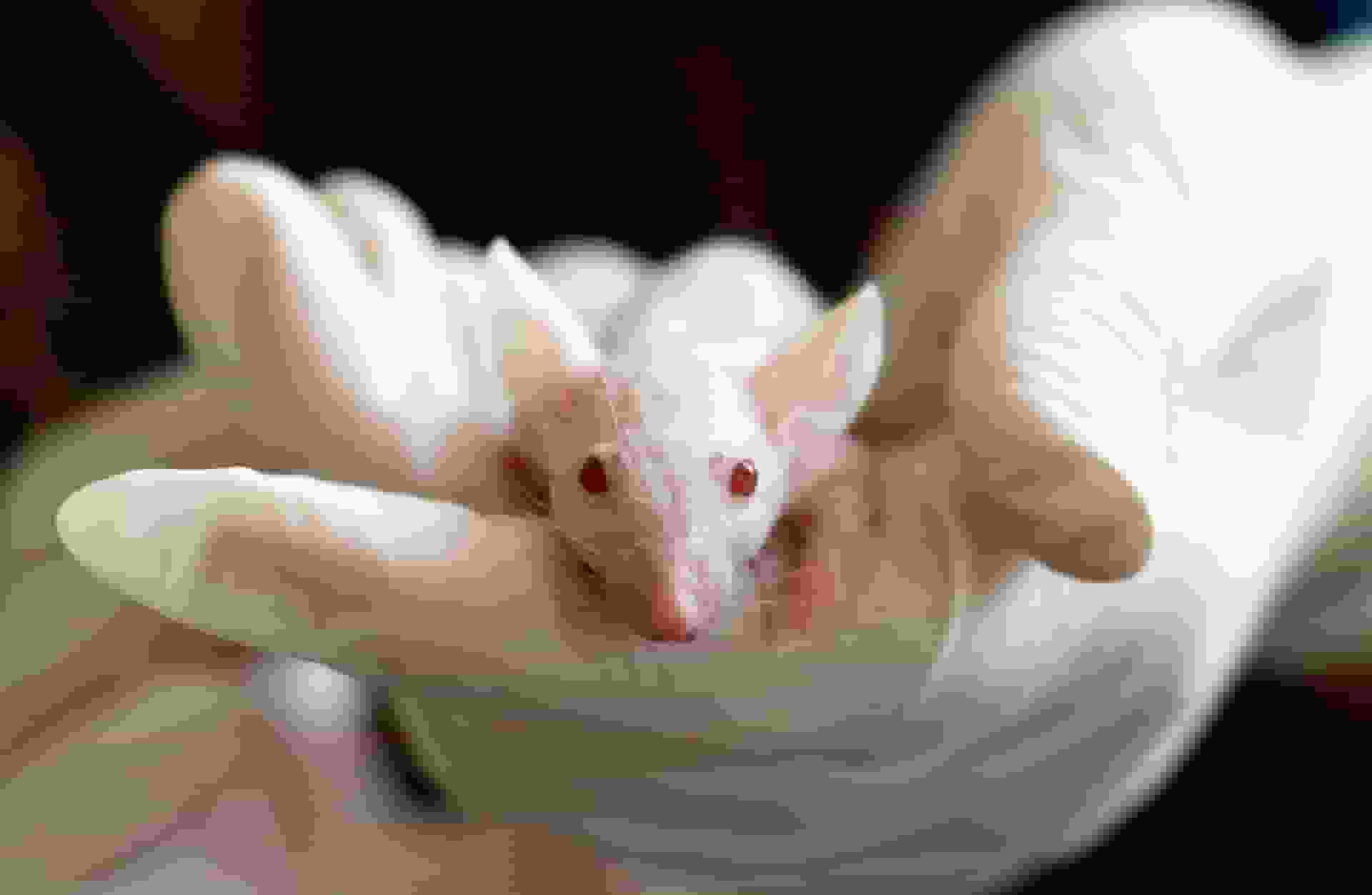
The law, also known as the FDA Modernization Act 2.0., could eventually put an end to drug testing on animals.
The law is supported by both parties. The bill was co-sponsored by seven Republicans, led by Senator Rand Paul of Kentucky, and three Democrats, including Senator Cory Booker of New Jersey and Senator Bernie Sanders of Vermont. PETA is as enthusiastic. However, is the technology mature?
FDA Modernization Act 2.0
The FDA Modernization Act 2.0, signed by President Biden at the end of December with significant bipartisan support, repeals a federal mandate from 1938 requiring the testing of investigational medications on animals before their use in human clinical trials. While the rule does not prohibit animal testing, it does permit the use of alternatives, such as microfluidic chips and small tissue models that imitate organ functions and structures using human cells.
According to research cited by Locke and other proponents, animal testing is an inaccurate predictor of human toxicity. And many medications that are beneficial in mice are ineffective in humans.
Approximately ninety percent of drug candidates in clinical trials never make it to market, and pharmaceuticals that target the brain have an even greater failure rate.
These inconsistencies, in addition to the time, price, and ethical concerns associated with using animals, have prompted scientists to create alternative testing methods that try to more accurately replicate human physiology.
These include microfluidic organs-on-chips, which are translucent, flexible polymer devices approximately the size of a memory stick that holds several types of human cells and pushes fluid through small channels to simulate blood flow.
The first effective chip incorporating living human cells, a lung model, was disclosed by Donald Ingber and his team at the Wyss Institute at Harvard University in 2010. The small gadget was able to perform fundamental lung functions, including the exchange of oxygen and carbon dioxide.
Read more: Google announces 12,000 job losses as the tech sector expands its layoffs
Animal Testing

Finally, many drugstore businesses have altered their procedures, but do names such as Dove still conduct animal testing?
Unilever, the parent company of Dove, has promised that none of its products would be tested on animals, even though many prominent brands continue to do so.
Cruelty-Free Kitty, an organization that monitors cruelty-free products, unveiled its new animal-friendly designation on January 4 in a blog post declaring that items in China no longer need to be tested on animals due to a repeal of a law requiring such testing. Dove joins several recently recognized cruelty-free companies, including Herbal Essences, Wet ‘n Wild, and Suave.
It is crucial to note, however, that none of Dove’s goods have been certified as vegan due to China’s previous rule. Even if they are not tested on animals, according to Treehugger, they may not be completely cruelty-free because they may include animal byproducts.
Read more: You might think these are healthy foods but are actually worse than eating candies!

